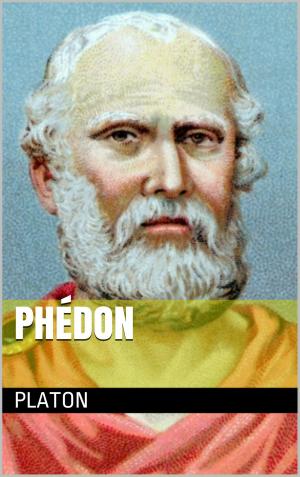| Author: | René Descartes | ISBN: | 1230000238284 |
| Publisher: | NA | Publication: | May 10, 2014 |
| Imprint: | Language: | French |
| Author: | René Descartes |
| ISBN: | 1230000238284 |
| Publisher: | NA |
| Publication: | May 10, 2014 |
| Imprint: | |
| Language: | French |
René Descartes (31 March 1596 – 11 February 1650) was a French philosopher, mathematician, and writer who spent most of his adult life in the Dutch Republic. He has been dubbed the 'Father of Modern Philosophy', and much subsequent Western philosophy is a response to his writings, which are studied closely to this day. In particular, his Meditations on First Philosophy continues to be a standard text at most university philosophy departments. He is credited as the father of analytical geometry, the bridge between algebra and geometry, crucial to the discovery of infinitesimal calculus and analysis. Descartes was also one of the key figures in the Scientific Revolution.
Despite these frequent moves he wrote all his major work during his 20-plus years in the Netherlands, where he managed to revolutionize mathematics and philosophy. In 1633, Galileo was condemned by the Roman Catholic Church, and Descartes abandoned plans to publish Treatise on the World, his work of the previous four years. Nevertheless, in 1637 he published part of this work in three essays: Les Météores (The Meteors), La Dioptrique (Dioptrics) and La Géométrie (Geometry), preceded by an introduction, his famous Discours de la Métode (Discourse on the Method). In it Descartes lays out four rules of thought, meant to ensure that our knowledge rests upon a firm foundation.
René Descartes (31 March 1596 – 11 February 1650) was a French philosopher, mathematician, and writer who spent most of his adult life in the Dutch Republic. He has been dubbed the 'Father of Modern Philosophy', and much subsequent Western philosophy is a response to his writings, which are studied closely to this day. In particular, his Meditations on First Philosophy continues to be a standard text at most university philosophy departments. He is credited as the father of analytical geometry, the bridge between algebra and geometry, crucial to the discovery of infinitesimal calculus and analysis. Descartes was also one of the key figures in the Scientific Revolution.
Despite these frequent moves he wrote all his major work during his 20-plus years in the Netherlands, where he managed to revolutionize mathematics and philosophy. In 1633, Galileo was condemned by the Roman Catholic Church, and Descartes abandoned plans to publish Treatise on the World, his work of the previous four years. Nevertheless, in 1637 he published part of this work in three essays: Les Météores (The Meteors), La Dioptrique (Dioptrics) and La Géométrie (Geometry), preceded by an introduction, his famous Discours de la Métode (Discourse on the Method). In it Descartes lays out four rules of thought, meant to ensure that our knowledge rests upon a firm foundation.















